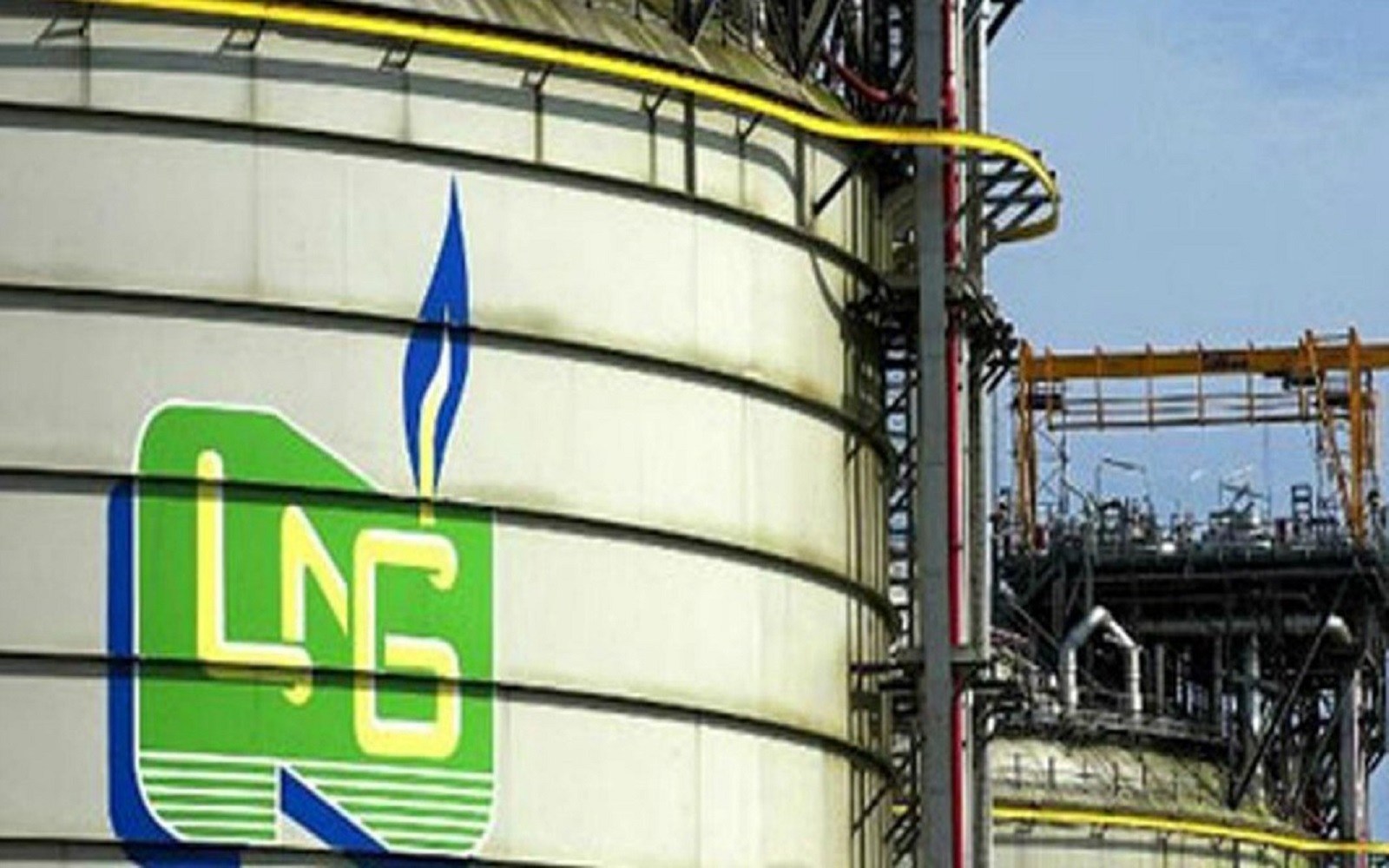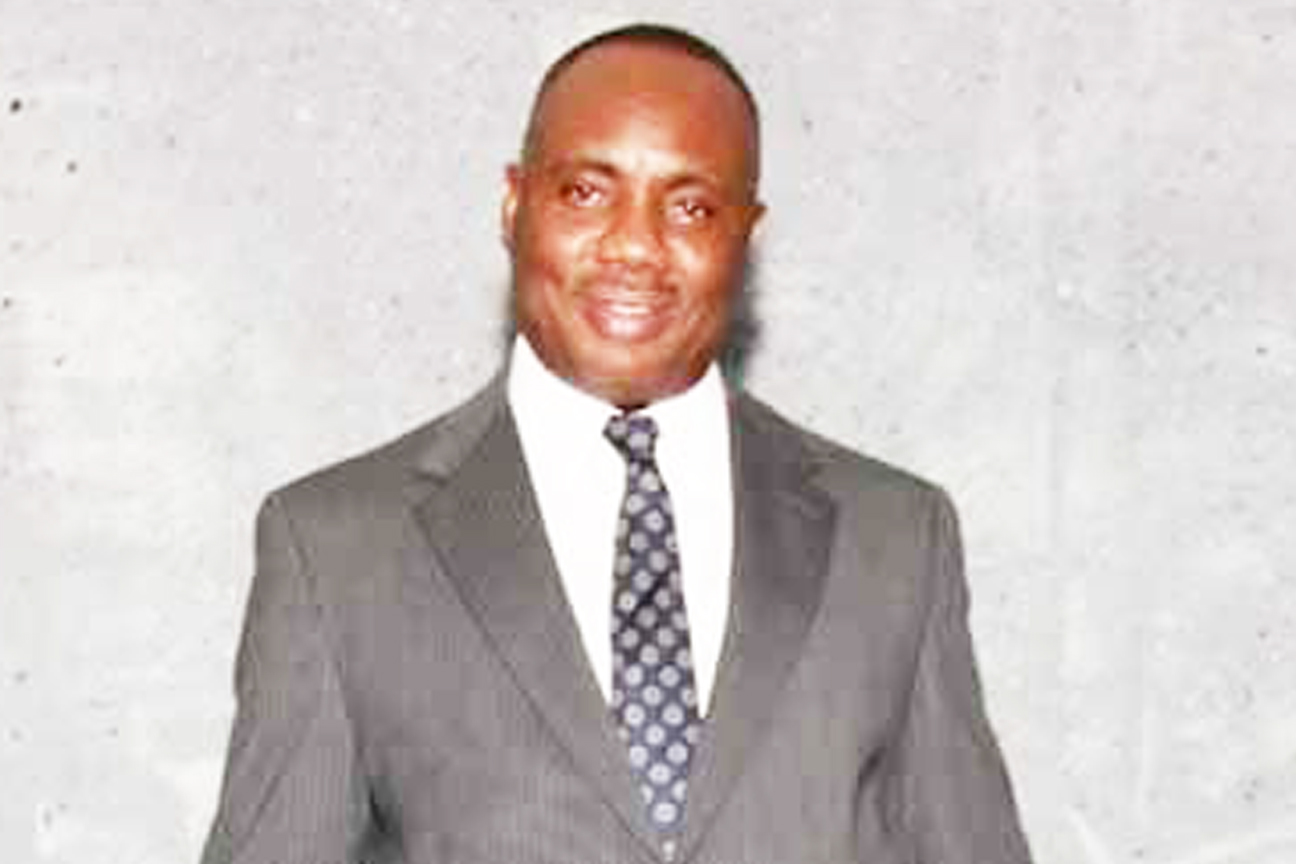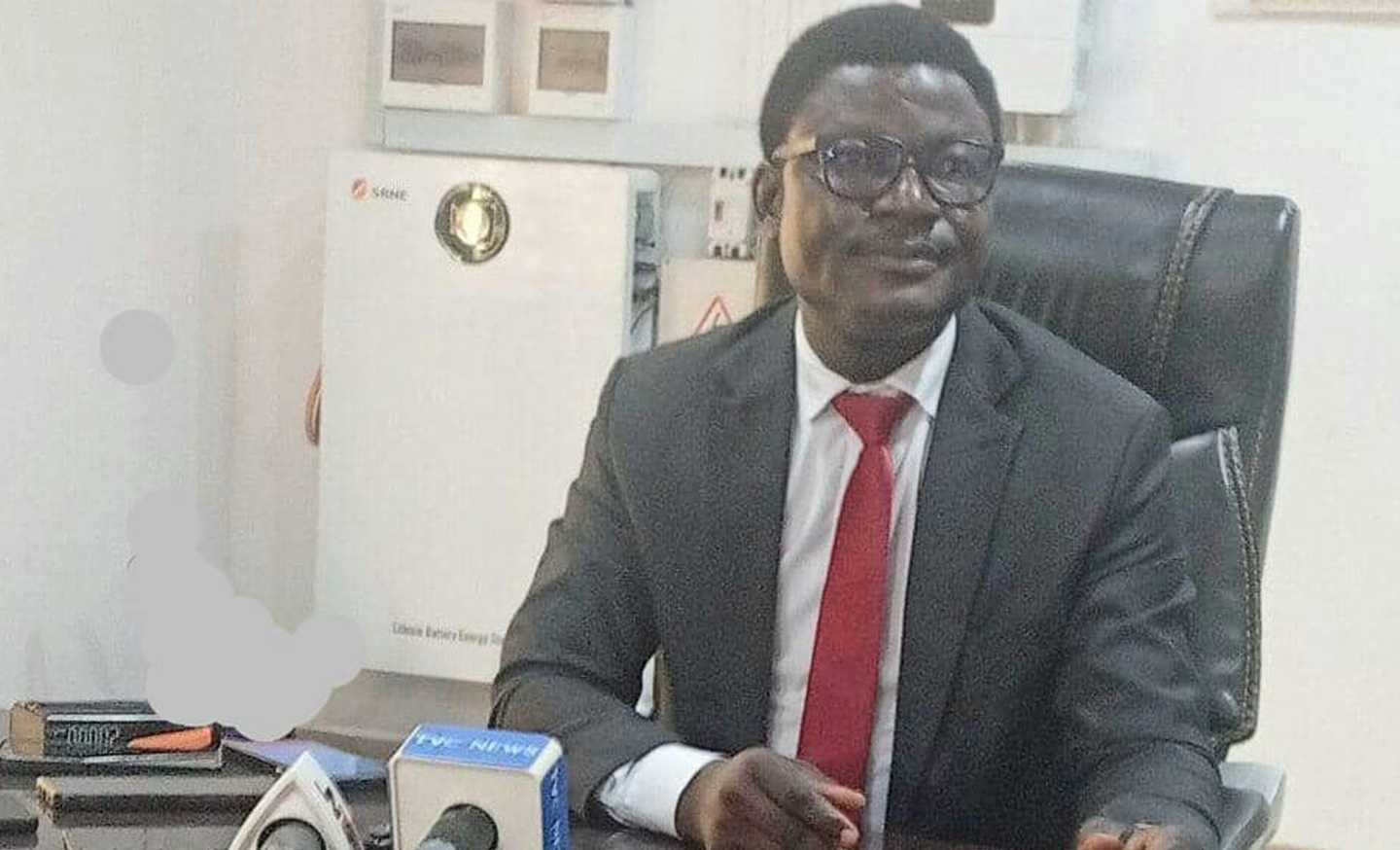This is just as he disclosed that the NLNG has generated over $114 billion as revenue over the years.
The president, who spoke Tuesday at the virtual groundbreaking ceremony of the project in Bonny Island, Rivers State, stressed that the speedy and safe delivery of Train 7 would encourage the timely takeoff of Train 8 project.
He called on the Board of Directors, management and staff of NLNG, the host communities, the Rivers State Government and other agencies of government to continue to collaborate to ensure completion and eventual commissioning of the Train 7 project “safely and on time”.
He said: ”As we flag off the Train 7 project today, I look forward to the development and execution of more gas projects by the International Oil Companies (IOCs) and indigenous operators, and more Trains from Nigeria LNG to harness the over 600 trillion cubic feet of proven gas reserves we are endowed with.
”Let me use this opportunity to commend the shareholders of NLNG, the Federal Ministry of Petroleum, NNPC and the NCDMB and other stakeholders for very exemplary collaboration which has culminated in this great opportunity for Train 7.
”I want to thank the foreign investors for the confidence reposed in Nigeria, and assure all Nigerians and potential investors in the Oil and Gas sector that the federal government will continue to create the enabling environment in order to develop the sector and bring the full benefits of gas closer to our people.”
President Buhari recalled that the story of Nigeria LNG was one he had been ”passionately associated with during the formative years of the project”.
According to him, ”As Minister of Petroleum Resources, I kicked off our first foray in LNG business in 1978. At the time, it was already apparent that Nigeria was mainly a gas-rich country with a little oil.
”It therefore gives me great joy to see the organization transform from just a project in the early 90s to a very successful company with over 20 years of responsible operations and steady supply of Liquefied Natural Gas, Liquefied Petroleum Gas and Natural Gas Liquids into the global market. This is proof that Nigeria has great capacity to deliver value to the world by harnessing our natural resources.”
The president congratulated NLNG and its shareholders – NNPC, Shell, Total and Eni — for proving that a Nigerian company can operate a world class business safely, profitably and responsibly.
Praising the consortium for clearly setting the stage upon which Nigeria’s vast gas resources will continue to grow well into the future, the president added that the focus of his administration is to boost the development of Nigeria’s abundant gas resources, strengthen the gas value chain, develop the much-needed infrastructure and enhance safe operations in the sector as outlined in the National Gas Policy of 2017.
”Through the Decade of Gas initiative, which I recently launched, we will transform Nigeria into a major gas and industrialised nation with gas playing the key role as revenue earner, fuel for industries and necessary feed for petrochemicals and fertiliser plants,” the president said.
He also expressed delight that the NLNG, as the pioneer LNG company in Nigeria, has conscientiously proven the viability of the gas sector over the years, currently contributing about one per cent to Nigeria’s GDP.
The president also stated that: ”NLNG has generated $114 billion in revenues over the years, paid $9 billion in taxes; $18 billion in dividends to the federal government and $15 billion in feed gas purchase.
”These are commendable accomplishments by the company’s 100 per cent Nigerian management team.
”With this level of performance, I can only hope that the company continues to grow starting with this Train 7 project but also positioning Nigeria to thrive through the energy transition.”
Culled from This Day




























